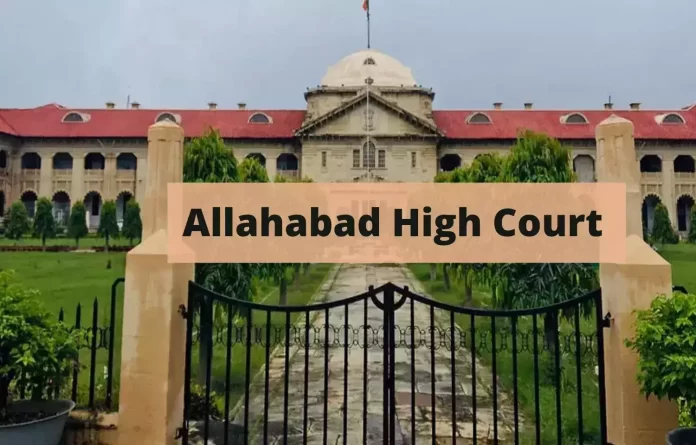16 May 2024: The Allahabad High Court has granted bail to four office bearers of the ‘Halal Council of India’ (HCI), who were accused of issuing unauthorized Halal certificates and thereby hurting religious sentiments. The individuals granted bail are Habib Yusuf Patel (President), Muidshir Sapadia (Vice President), Mohammed Tahir Zakir Hussain Chauhan (General Secretary), and Mohammad Anwar (Treasurer). They face charges under Sections 120-B, 153-A, 298, 384, 420, 467, 468, 471, and 504 of the IPC.
Justice Pankaj Bhatia’s bench provided this relief on the trust’s undertaking that it would refrain from issuing any Halal certificates until properly authorized by either the Central or State Government.
The accusations against the HCI include issuing Halal certificates for various products, such as edible items, toiletries, honey, and vegetarian products, without proper authority, allegedly affecting market equilibrium and securing unauthorized economic benefits. It was further claimed that their activities aimed to create enmity between communities and divert economic gains to terrorism-related activities.
In November 2023, Uttar Pradesh implemented a prohibition on the manufacturing, storage, distribution, and sale of Halal-certified food items. This led to an investigation against several companies, including the HCI, for alleged misconduct in product certification.
Counsel for the accused argued that their clients responded to a notice under Section 91 of the CrPC on December 6, 2023, by providing all requested information about the Halal certificates. Despite this, they were arrested on February 13, 2024. They also highlighted that the authority to issue Halal certificates was challenged in the Supreme Court, with other petitioners receiving interim protection from coercive action.
The defense contended that the Director General of Foreign Trade had issued circulars under the Foreign Trade Development and Regulation Act, empowering certain bodies to issue Halal certificates upon accreditation. The applicants were allegedly arrested before the accreditation deadline had passed and had not yet obtained such certification.
The Additional Advocate General opposed the bail, arguing that the trust attempted to usurp sovereign functions, disrupting the financial balance by issuing unauthorized certificates.
Given these circumstances, and the fact that co-accused individuals had received interim protection from arrest, the Court found it appropriate to grant bail. The applicants and their trust’s commitment not to issue any further certificates without authorization helped reach this decision. Consequently, the bail application was allowed.




